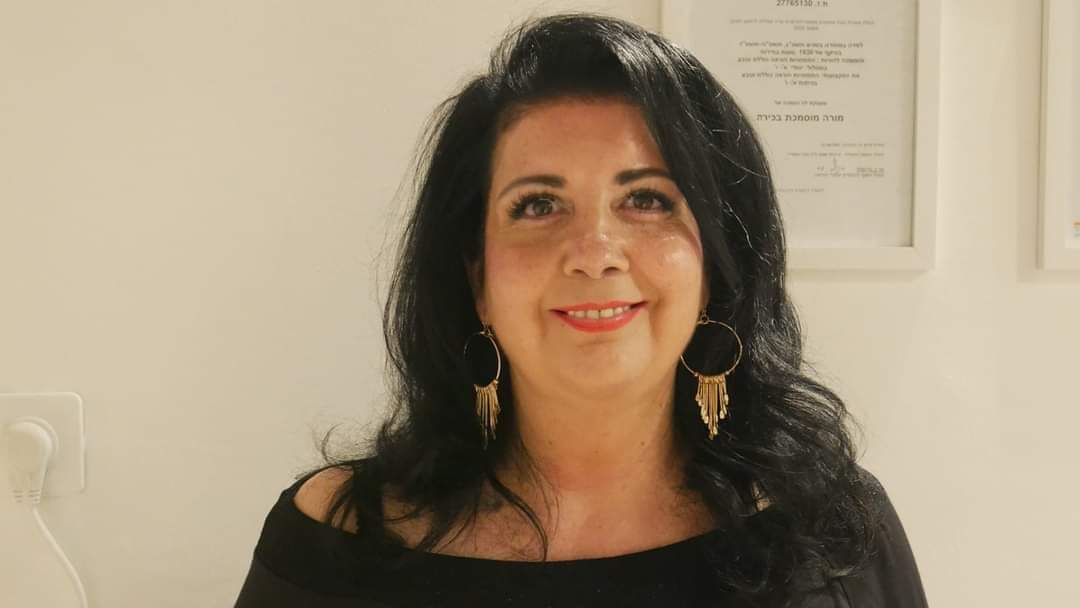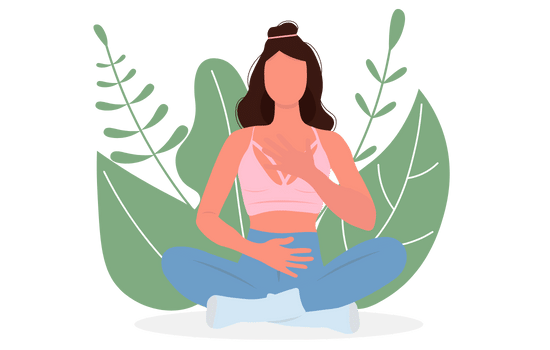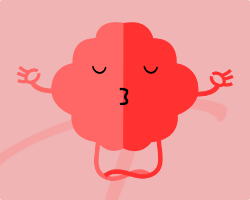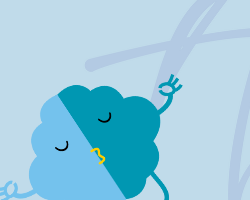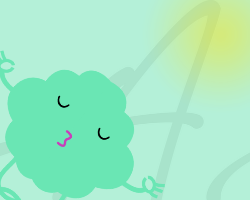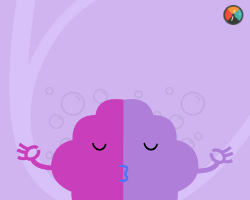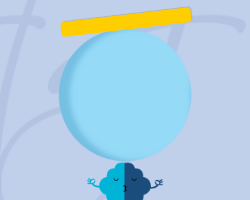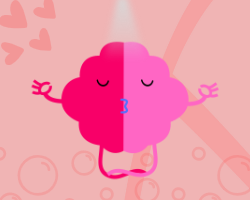She started thinking about herself as a child and she discovered that she had never received a hug or a kiss
from her mother, as well as any expressions of love.
Even though inside she knew that her mother loved her.
Abigail felt empty and sometimes fell into depression.
Michelle (the mother) claimed that this is how she herself grew up, in a home where there were no
expressions of love, and that she is unable to bring herself to express her love.
This case had me returning to read the excellent book “Healing Without Freud or Prozac”
And so writes Dr. David Servan-Schreiber in his book:
“In the last thirty years, depression rates have gradually increased in Western societies. In the last decade,
the consumption of antidepressants has doubled in most developed countries.
The emotional brain was created for the purpose of transmitting and receiving through the emotional
channel.
It turns out that this type of communication plays an essential role in the survival of the human body, not
only food and warmth.
For mammals, emotional contact is a real biological need, similar to food and oxygen.
In the 1980s, the progress in intensive care made it possible to keep smaller and smaller premature babies
alive.
Inside hermetic incubators with ultraviolet rays, artificial living conditions can be established with the
precision necessary for the survival of those small human beings.
It turns out that the sensitive nervous system of those babies had a low tolerance for the contacts
necessary to treat them.
Therefore, they practitioners learned to care for them without physical contact. There were signs installed
on the incubators: “Do not touch”.
The cries of distress heard from the babies, despite the soundproofing of the incubators, touched the hearts
of the nurses, but they ignored them in a disciplined manner for what was asked of them.
But despite the ideal temperature, the perfect oxygen and humidity conditions, nutrition that was perfectly
measured, and the ultra violet rays, the newborns did not grow.
Scientifically, it was a mystery, almost an insult.
How did nature refuse to cooperate under such perfect conditions?
Doctors and researchers questioned themselves and calmed each other down as much as possible when
they noticed that after the surviving babies were taken out of the incubators, their weight increased
rapidly.
However, one day, in an American premature unit, they noticed that some babies, even though they were
still in incubators, were growing normally.
This, although nothing has changed in the treatment procedures. Nothing has changed – or, almost
nothing.
Indeed, an investigation revealed to the great astonishment of the doctors that all of the growing babies
were monitored by the same nurse who worked night shifts, and was new to that department.
After being asked, the young woman first hesitated and finally admitted: she was unable to resist the
crying of her little patients.
A few weeks earlier, she had started stroking the babies’ backs to soothe their cries, first she did so with
concern, since this was forbidden, and then with increasing confidence, referring to the results, and since
none of the reactions she had been warned about occurred, she continued.
Since then at Duke University, Prof. Schoenberg and his team have confirmed this result in a series of
experiments performed on young mice that were isolated at birth.
They proved that in the absence of physical contact, every cell in the body refuses to develop, literally.
Inside all of the body cells, the part of the genome, responsible for creating the enzymes essential for
development, will not develop, and the entire body will enter a state similar to hibernation.
On the other hand, if you slowly caress the back of each little mouse with gentle touches of a wet brush,
simulating the licking of a mother mouse in response to the calls of her pups, the production of the
enzymes occurs immediately, and so does the development.
Therefore, emotional contact is an essential factor for development, and even for survival.”
By:
Dr. David Servan-Schreiber, ”Healing Without Freud or Prozac – Natural Approaches to Curing Stress,
Anxiety and Depression”
And as for Michelle and Abigail, in each of our weekly meetings I gave them summarized articles along
with practice sheets that guided them on how to create a meaningful, embracing and empowering
relationship.
Michelle’s first hugs with her daughter (which brought many tears to my eyes) happened at my clinic. As
well as explicit words of love such as “I love you”, “I am proud of you”, “You are beautiful and
wonderful”… and more…
There is so much beauty and grace in human love.
I was full of admiration for the courage and resourcefulness of the mother and daughter who were ready
to accept new ways of communication and significant tools for resolving conflicts.
So, my dear friends, keep hugging, loving, strengthening and growing your love.
Love is a free gift and it dramatically increases the oxytocin and dopamine hormones, which maintain our
admiration for the world and the beauty of creation. As well as a radiant smile that brightens us.
I am wishing you unconditional love.

